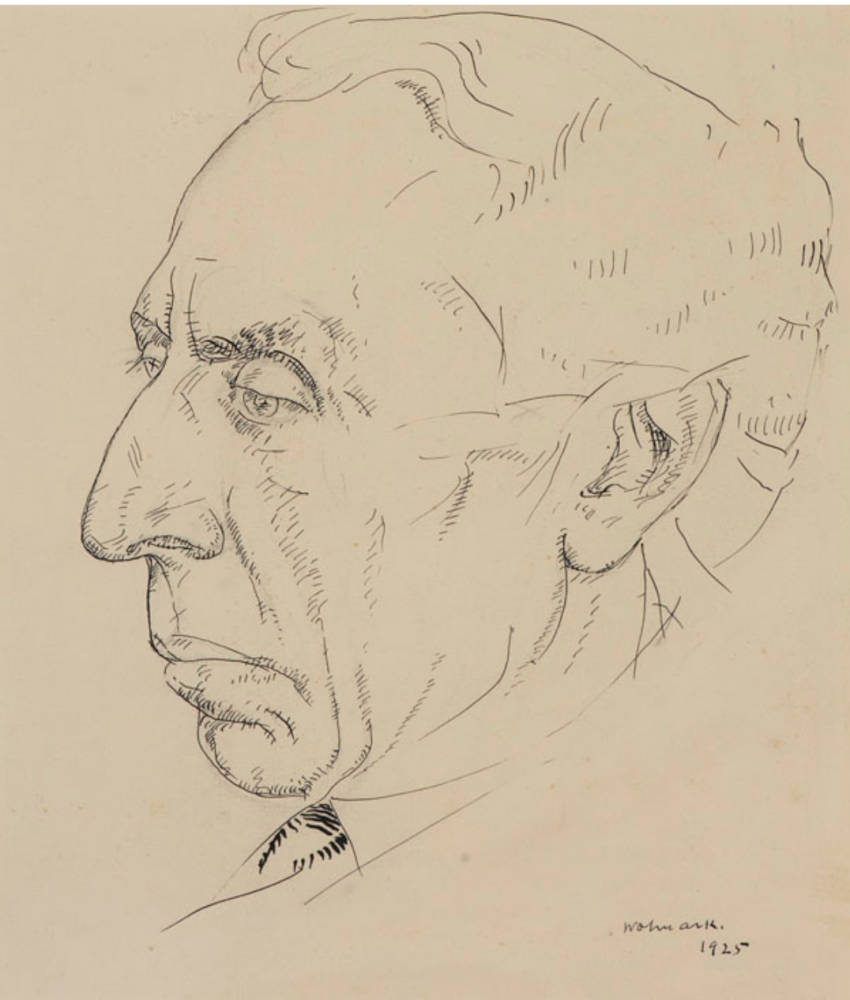

enerations of English-speaking Reform Jews became familiar with Zangwill’s name through his poetic translation of a medieval Jewish prayer. His “All the World (Shall Come To Serve Thee)” became the banner hymn of the classical Reform moment in early twentieth-century America. This poem, with its triumphalist lyrics, could easily compete with the evangelism of missionary Christianity. Were it not for the subversive inversion of Christian succession, this famous hymn could be read as an imperialist project. Instead, like the nineteenth-century Jewish thinkers who used the figure of Jesus as a means to assert the primacy of Judaism, in Zangwill’s poem, the universalist God of all displaces Christian particularism.
In her wonderful biography of Zangwill, Meri-Jane Rochelson points out Zangwill’s own Jewish ambivalence. Zangwill, who was strongly Jewish-identified in life and work, came from a moderately religious family. He too professed a universal faith, with concepts of morality deriving from yet transcending Judaism, Christianity, and their differences. Zangwill did not circumcise his older son, indicating his remove from Jewish particularism. And unlike so many Jews of his time who engaged secular culture, Zangwill never embraced Christianity. Christian motifs nonetheless shaped his thought. In his 1926 essay entitled “My Religion” Zangwill hinted that Jews may add the New Testament to their scripture. The prefatory poem to his classic Dreamers of the Ghetto is entitled “Moses and Jesus,” making comparisons between Judaism and Christianity within a Christian frame of reference.
Zangwill, who reminded his readers out that Christianity originated in Judaism, emphasized the Jewishness of Jesus and his early followers. The Moses and Jesus of his poem are two idealists separated only (and tragically) by the rigidities of church and synagogue. Zangwill’s “The Mantle of Elijah,” which depicts an illegitimate son of a Jewish mother and a Christian father, suggests that the two traditions might be united to become a source for moral values. His famous work The Melting Pot was understood as an endorsement of intermarriage and assimilation. Rochelson points out that Zangwill repeatedly created Jewish characters who convert to Christianity yet continue to be read as Jews by non-Jews. The Jewish identity of this age that professed “religion not race” (a form of resistance against anti-Semitism) was inescapable. Zangwill’s descendants, who according to traditional law were not halachically Jewish because of their patrilineal descent, were eager to embracie Jewish identification. His granddaughter found a rabbi to officiate at her father’s funeral.
Bibliography
Rochelson, Meri-Jane. A Jew in the Public Arena: The Career of Israel Zangwill. Detroit: Wayne State University Press, 2008.
Last modified 12 June 2018
Portrait added 7 August 2020